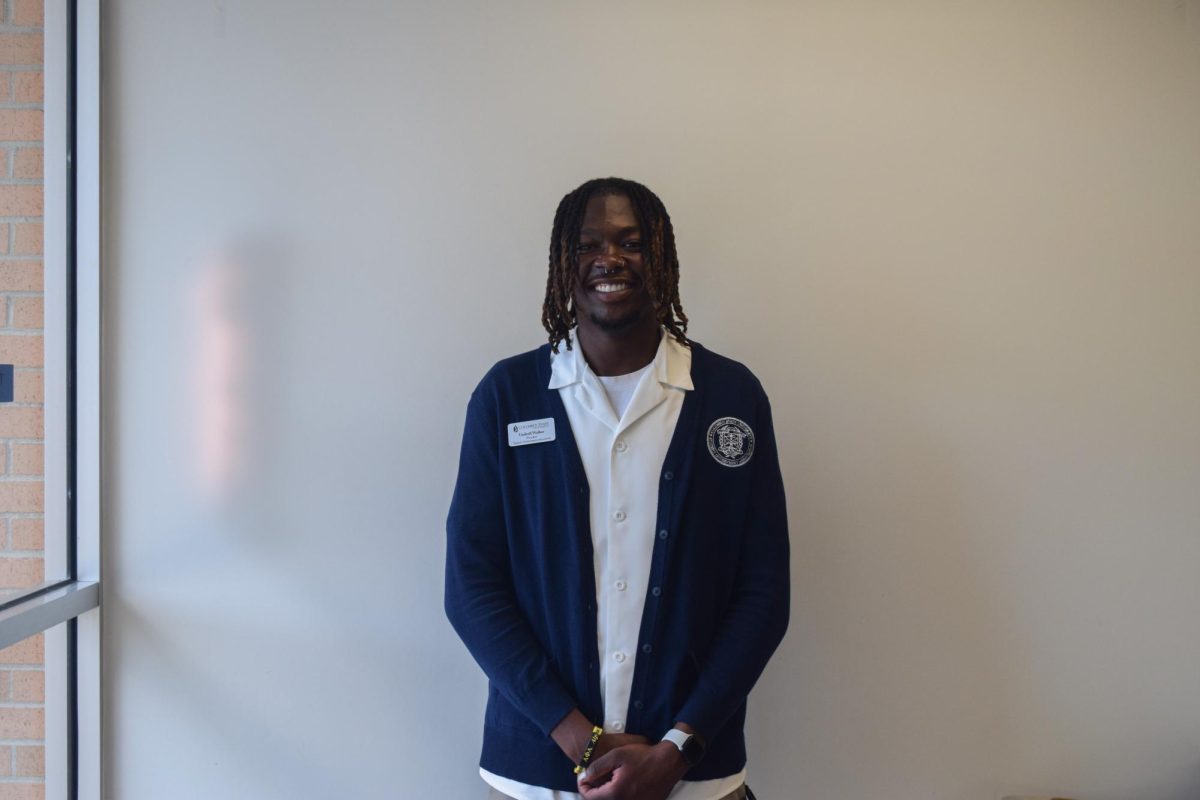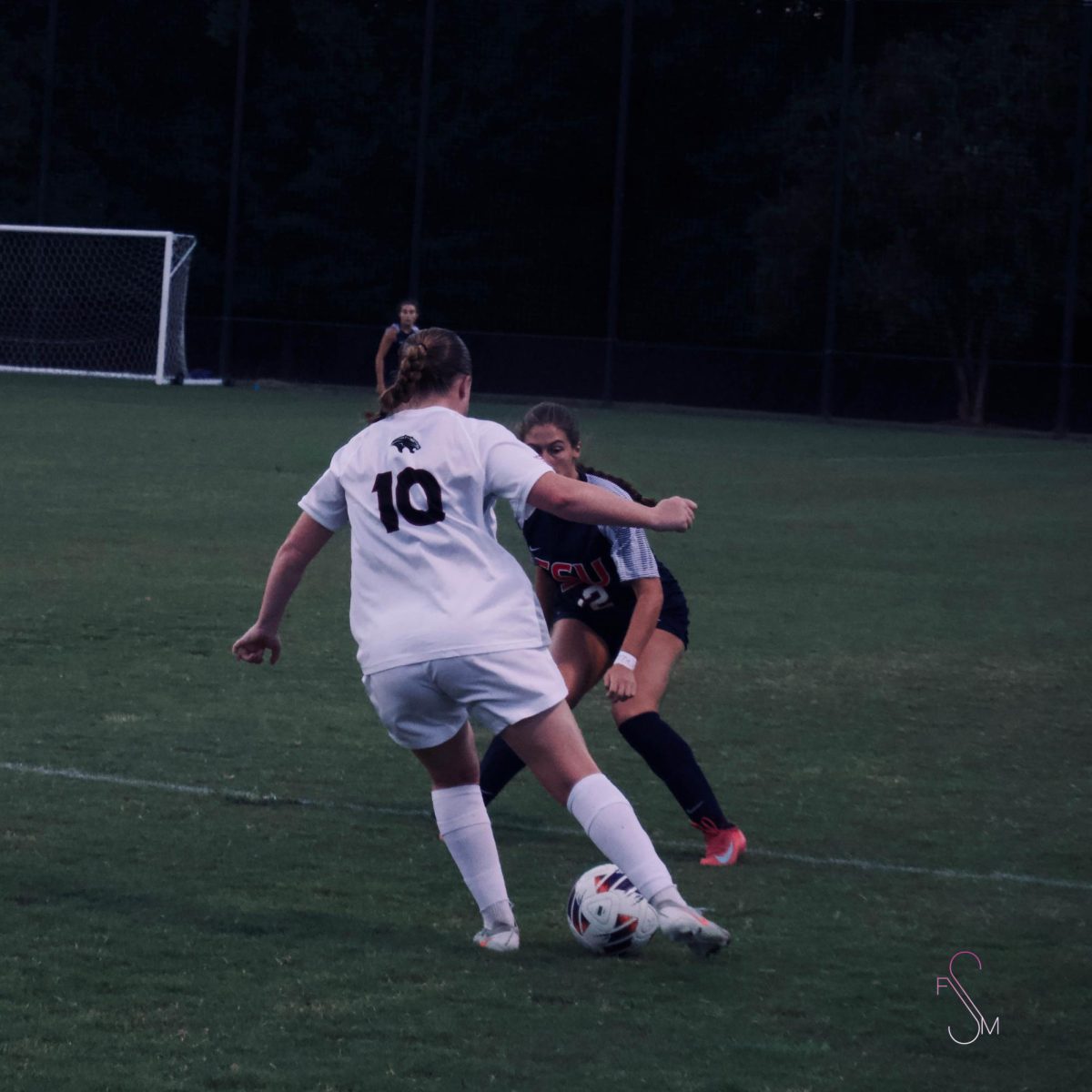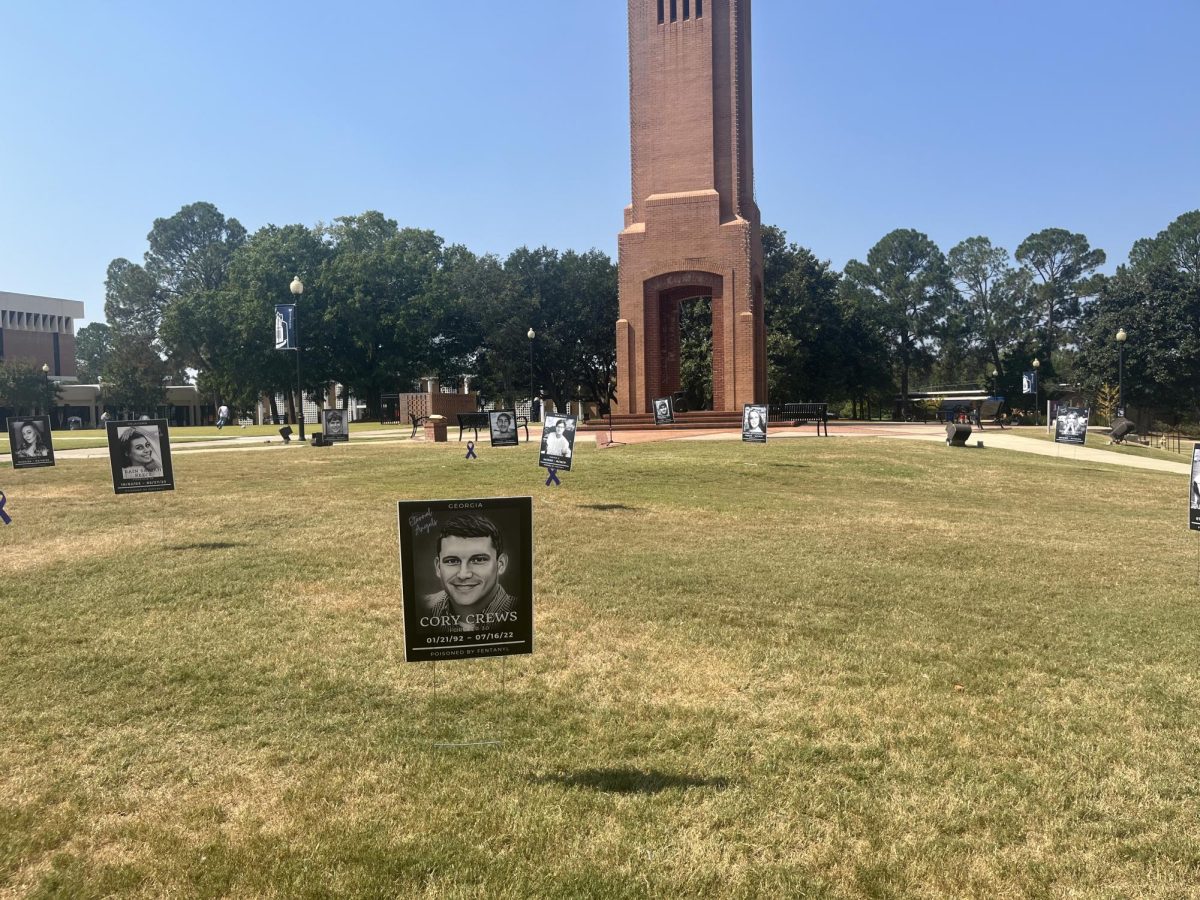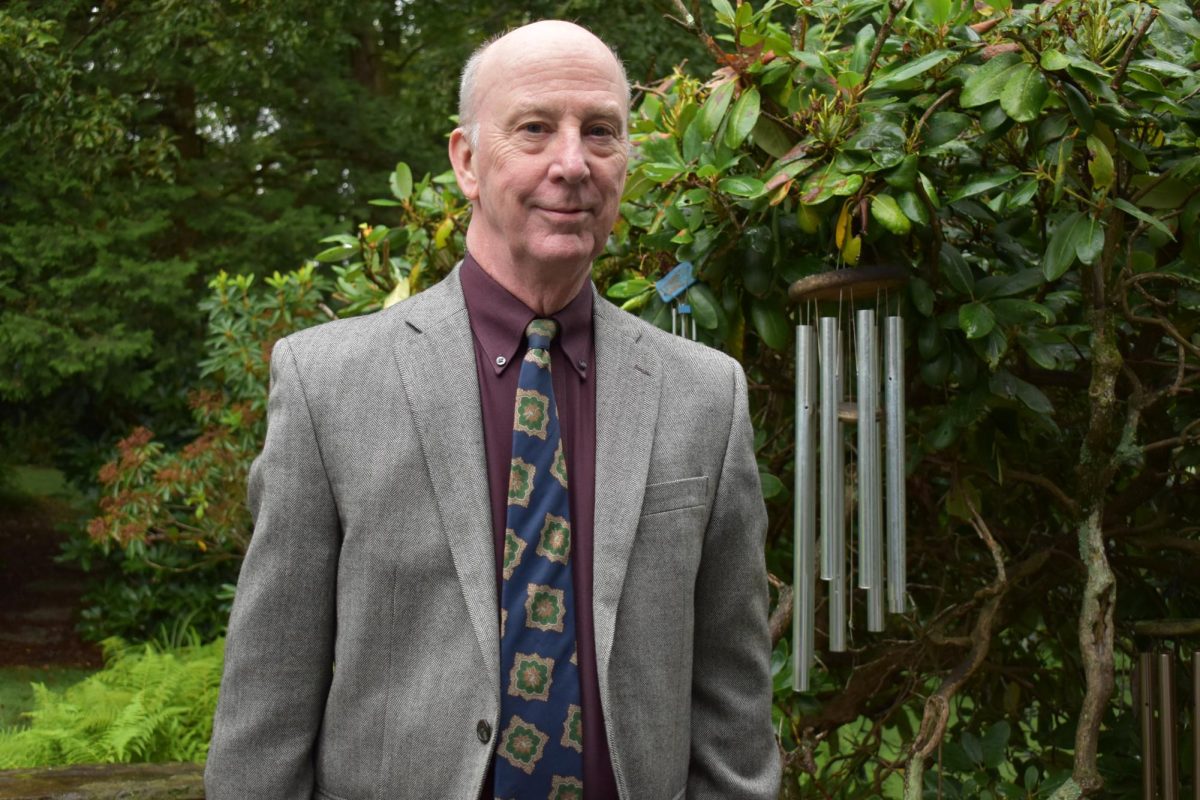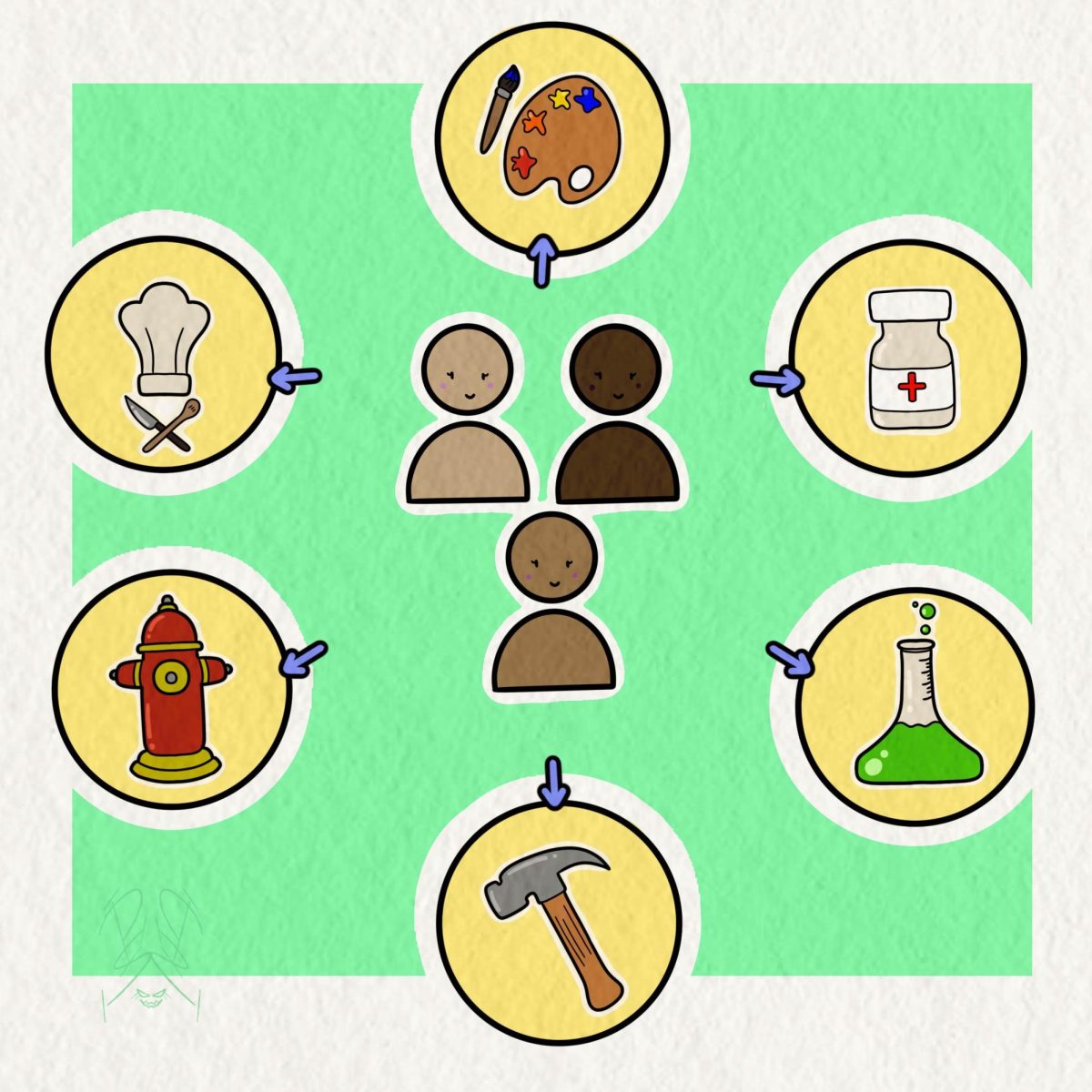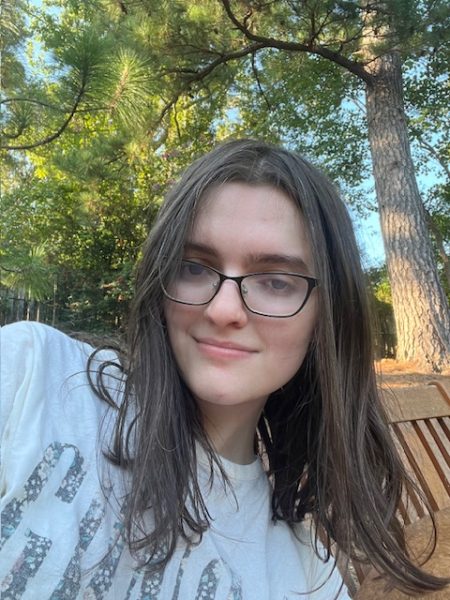Undrell Walker, current president of the Student Government Association here at CSU, centers his administration on three core ideas: servant leadership, open communication, and honesty. With those values in tow, a new plan for student centered voices and accessibility has formed at the heart of SGA.
Walker kindly sat down for an interview with The Uproar to help illustrate both what SGA is, and how the association plans for new outreach.
Walker’s goal as SGA president is to show that SGA is as “equally as important as everyone else on this campus, because we’re here for you.”
“Although every student makes up all these student organizations, we are the student organization that represents you.”
The SGA operates as a bridge between the student body and administration, Walker explained, as well as a sort of meeting point for other clubs to make themselves heard. “Any student issues, any concerns, any student safety, anything regarding student life, we essentially bring to administrators.”
These administrators include, but are not limited to, figures such as President Rayfield and the vice president of student affairs.
Recently, SGA hosted and participated in a campus safety walk on September 9, in which they partnered with the university police department to bring light to any safety concerns students have voiced. They also helped to get the popular pickleball court put on campus.
Another example of SGA being a host for campus and student communication would be that of SGA’s student forums. Student forums are held every other Thursday from 12:30 p.m. to 1:30 p.m. in Schuster 130. Administrators often come to these forums to hear from students directly, as well as give their own personal updates regarding their department.
SGA also provides students with anonymous comment boxes around campus for those who either cannot attend forums, or for those who would like to remain anonymous. One is currently located at the main campus library, with more being planned. Current locations noted by the president are the cafeterias at both campuses, the Frank Brown Hall, and the recreation center.
Students may also use comment boxes listed on the SGA’s Instagram (@csu.sga), which is frequently checked.
SGA keeps in close contact with the administration at CSU. “I meet with the administration on a regular basis. My executive team does as well. The senators of the student government association are supposed to meet with their deans of their colleges on a regular basis as well.”
As well as using forums to hear issues, SGA also conducts town halls–a chance for senators to gather students–typically from a specific college, though it can be from the campus at large–to voice concerns about a specific issue. The Campus Safety Walk, for instance, was a town hall for SGA about campus safety. Essentially, forums act as a general meeting, while town halls call attention towards a specific topic on campus.
Senators are required to have at least two town halls a semester, according to Walker.
SGA has two major goals for this year: to get student involvement with campus up, and to ensure student voices are heard and considered.
“One of my personal goals for this year,” Walker explained, “is to make sure that students know that we exist, that we’re here and that we actually do have the power and the will to make student life better, to make sure everyone feels safe and feels welcome on campus.”
Walker highlighted the importance of SGA facilitating student dialogue here on campus. “Granted, we’re not an event planning committee. However, we are the student voice. So, we want to make sure that everyone feels comfortable speaking for themselves, but also feel spoken for as well.”
SGA plans to make their presence truly felt this semester in a variety of ways, such as facilitating game day morale boosters. Walker hopes that making SGA officers more apparent in campus activities will make students more aware and comfortable with voicing their opinions and concerns to them.
“We want to create a space where students feel comfortable coming to us as well, but also knowing who to come to for what specific matter,” Walker said. “We can’t speak for something that we don’t know.”
This is Walker’s first year as SGA president, but he’s been working with the association ever since he was a freshman four years ago. First starting as a senator, he then advanced to chief of staff and held the role for two years, then became president.
“I kind of felt like this role was meant for me.”
He is a health science major and feels that his work with SGA is preparing him for his career.
“I would say that SGA kind of helped my major in a backwards way. After graduation I plan to go into health administration, and I knew that I always wanted to lead people. I was kind of having a rough time figuring out how exactly, especially being that I was a health science major. Joining SGA broadened my eyes to see that there are people that are often underrepresented–not just in students but in the everyday world.”
CSU’s emphasis on servant leadership, both as a program and a core value on campus, was a major factor in his decision to come to CSU in the first place.
“I got accepted into our servant leadership program, and that was like my deciding factor.” After being offered a position in the program in his senior year, he sat down to speak with program directors Courtney Wilson and Laura Pate. Even before becoming a college student, though, Walker still held a history of being a leader for his schoolmates, such as being his high school’s senior class president. After hearing the program’s focus on community service and representing others, Walker felt compelled to join.
“I was like, ‘I’m sold’!”
His main drive to become president of SGA in the first place is built on the idea of servant leadership itself–to be a comfortable, accessible space for people to share things, and then to build solutions for those things.
Walker explained it like this: “You can have a president that no one knows and no one is going to be talking to, or you can have a president that everyone knows, and everyone knows that ‘I can come talk to Undrell, he’s going to get what I need done or at least see what he can do.’”
To students who may want to become more involved on campus, either with SGA or another student organization, but feel overwhelmed with their workload as is, Walker implores them to still try it.
“It is possible to do things with all these activities. I’m a very busy individual myself. I’m on over six campus organizations while working two jobs. Like trust me, it’s possible,” said Walker. But he’d also tell them not to be afraid. “There’s no commitment going to an interest meeting, or going to an event, or just putting yourself out there.”
Walker encourages freshmen students especially to figure out what they like, and that student organizations can be a helpful tool in finding that out.
“A lot of college is trial and error, and just finding what you like, and kind of just experimenting. I’ve joined clubs and organizations that I’ve learned that weren’t really for me, and I’ve also joined some that were like, ‘Yeah, this is me.’”
“My advice is just try everything, go to events, put yourself out there, meet people, because that’s how you figure out your place on this campus and figure out who you are as an individual.”
“There’s so much potential not only in Columbus State, but just in learning how to be an adult, but you have to capitalize on that,” he explained. “That’s what motivates me–knowing that someone is going to look back in four years and say, ‘Well, I’m glad Undrell showed me SGA existed,’ or ‘I’m glad that SGA was there’ or that ‘Someone was there to show me the ropes and encourage me to keep going.’”
For students interested in attending SGA’s forum, one is scheduled for the 9 of October, from 12:30p.m. to 1:30p.m., in the Schuster Success Center in Room 130.



